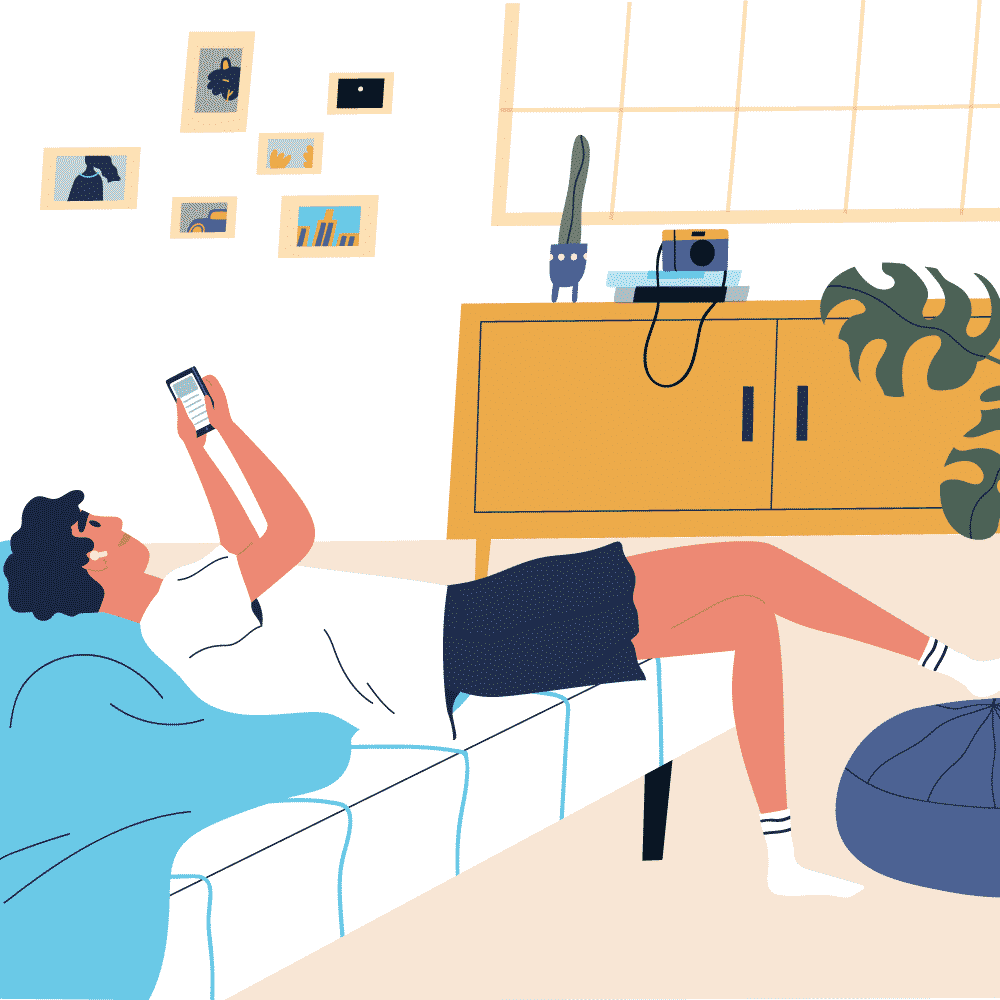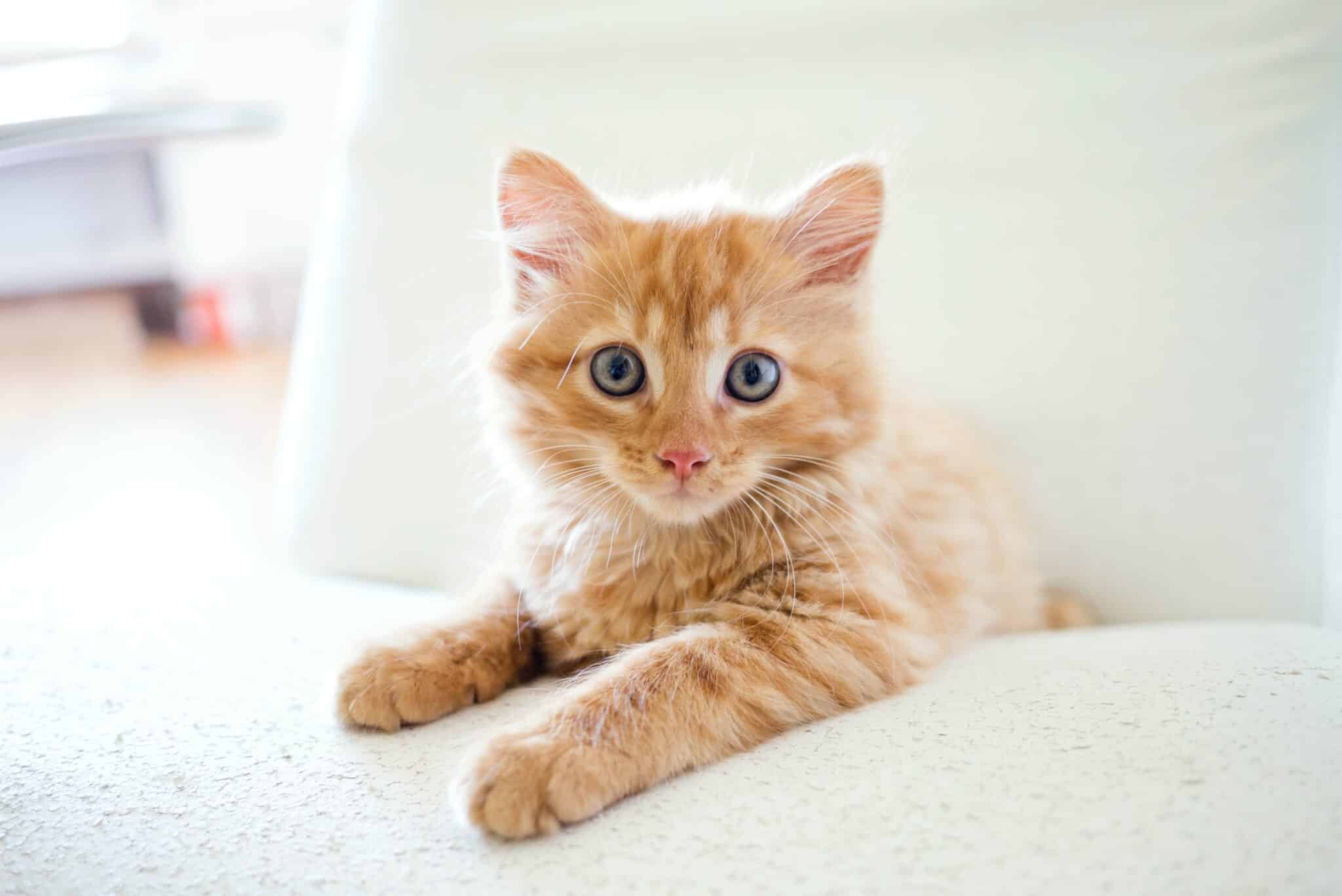Privacy policy
Last update: September 25, 2023
At Pour ne pas dormir debout (PNPDD), your privacy is very important to us. This policy aims to inform you about how we collect, use and protect your personal data. Please take the time to read the following information carefully.
Collection of personal information
We collect different types of personal information when you interact with us, such as when you visit our website, use our services or communicate with us. This information may include, but is not limited to, your name, e-mail address and other contact information.
Use of personal information
The personal information we collect is used to provide you with our services, respond to your requests and inform you of our special offers and updates. We may also use this information for internal purposes such as analyzing usage trends and improving our services.
Sharing personal information
We do not sell or rent your personal information to third parties. However, we may share this information with third-party service providers who help us operate our website and deliver our services. They are required to respect the confidentiality of your information.
Using Google Analytics
We use Google Analytics to collect information about the use of our website and to analyze trends. Google Analytics uses cookies to collect this data. You can read Google’s privacy policy to find out more about how they process data.
Security of personal information
We take appropriate security measures to protect your personal information from unauthorized access, disclosure, alteration or destruction.
Accessing and modifying your personal information
You have the right to access your personal information held by us and to request corrections if necessary. Please contact us at contact@pournepasdormirdebout.com to exercise these rights.
Changes to the privacy policy
We reserve the right to update this policy at any time. Changes will be published on our website.
By using our services, you agree to the terms of this privacy policy.
If you have any questions or concerns about this policy, please contact us at contact@pournepasdormirdebout.com.
















